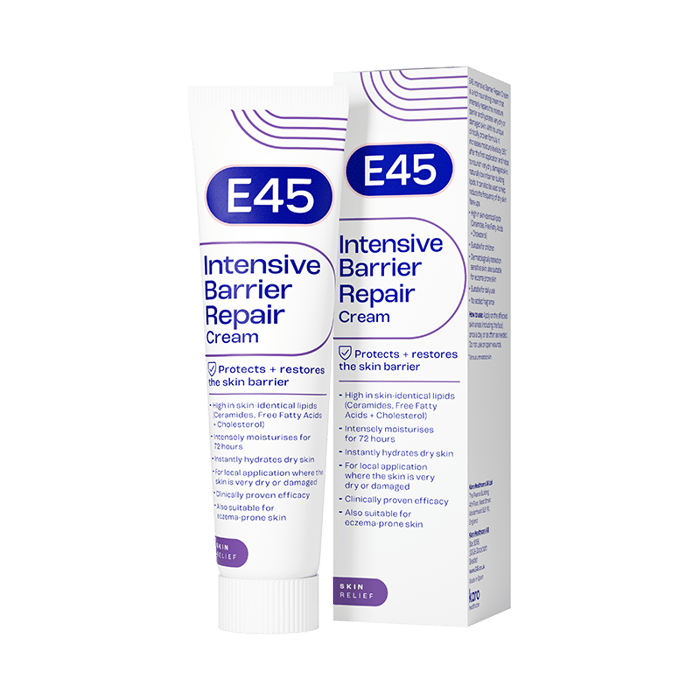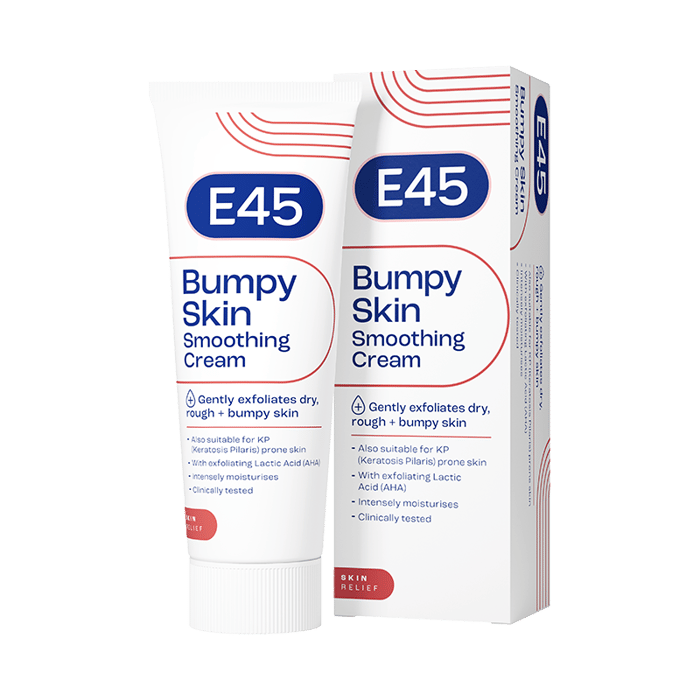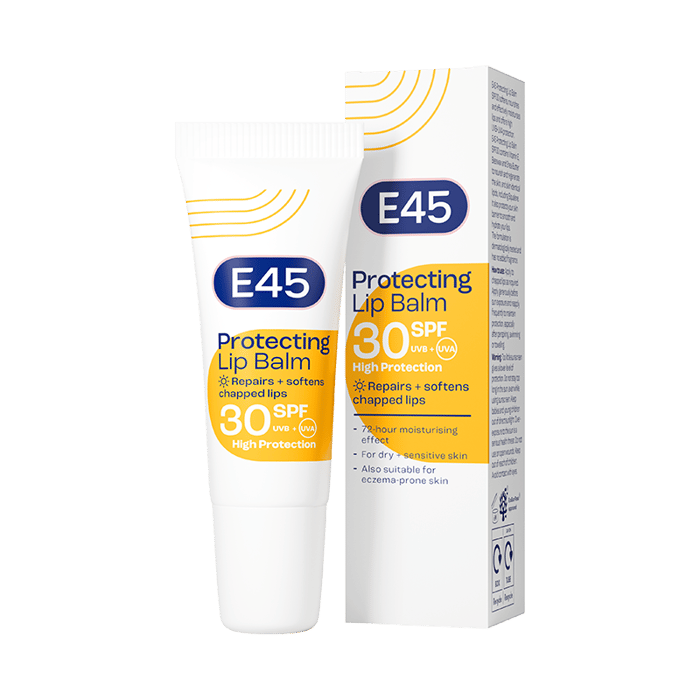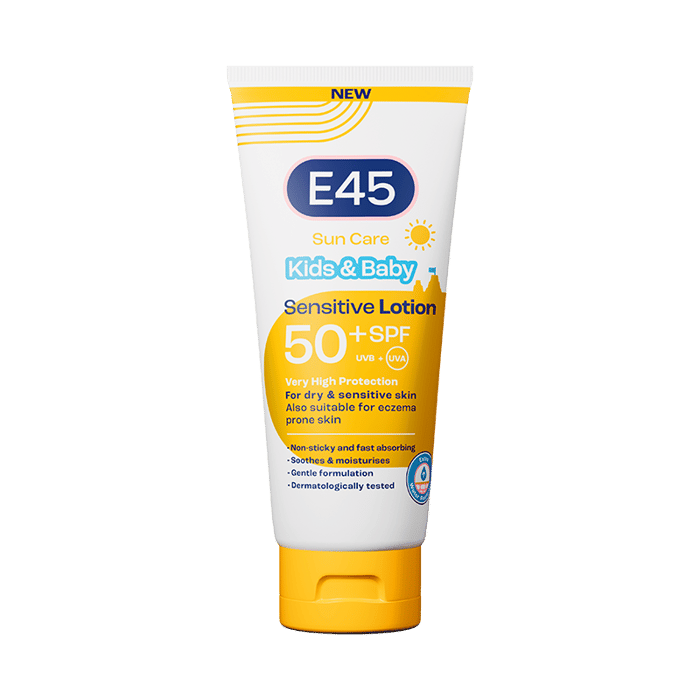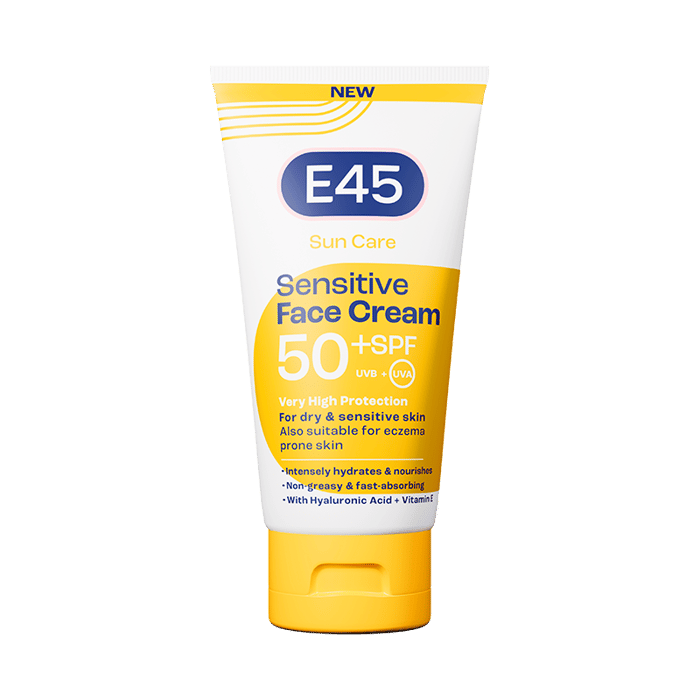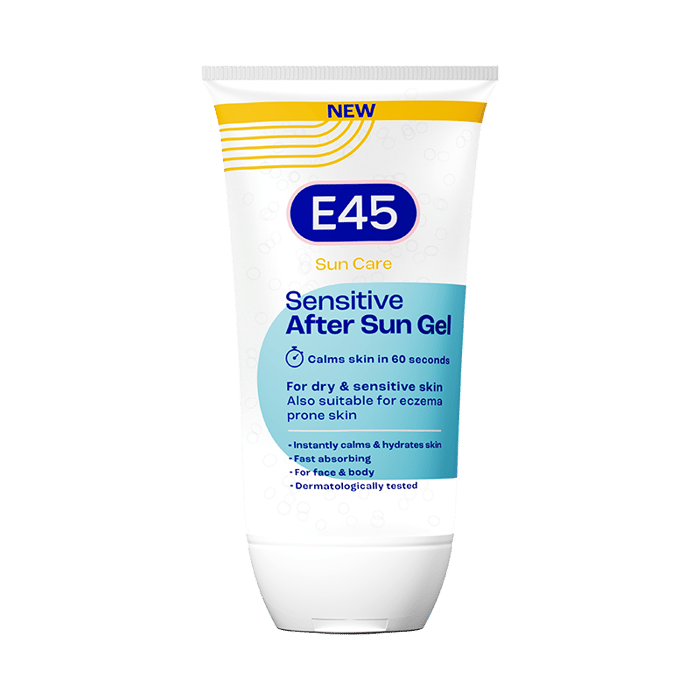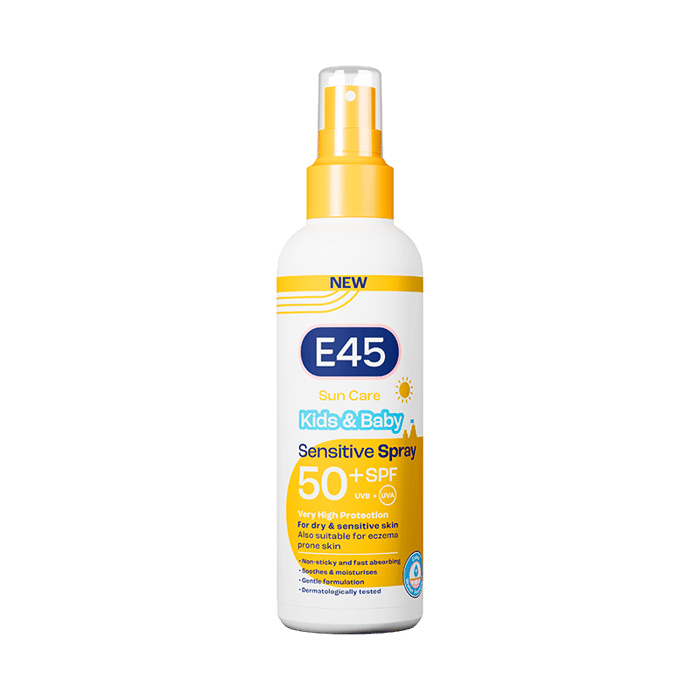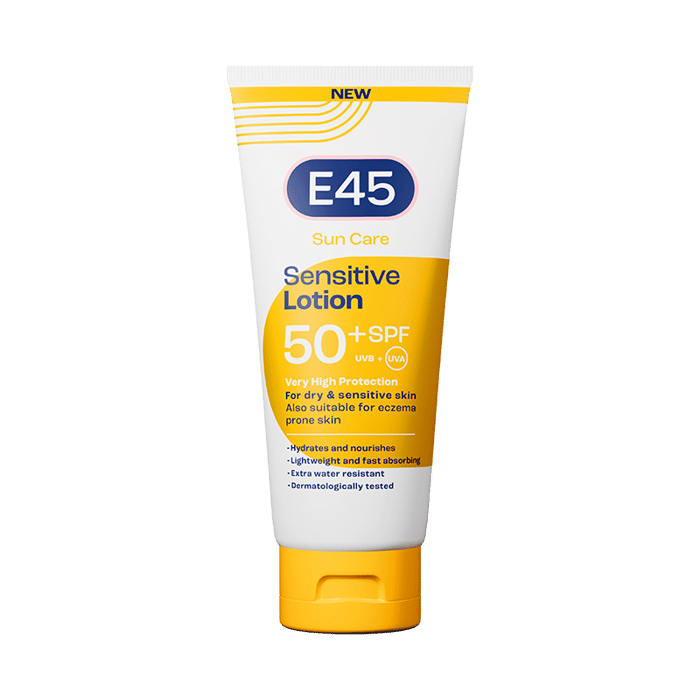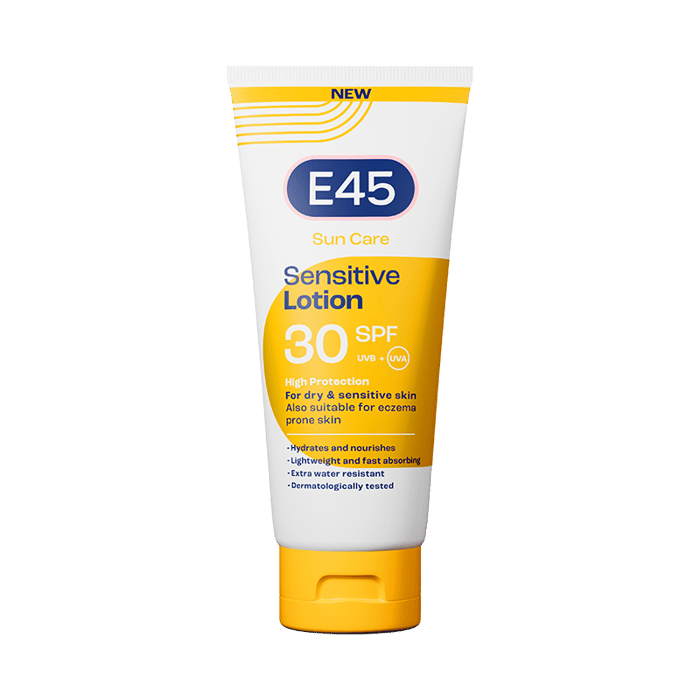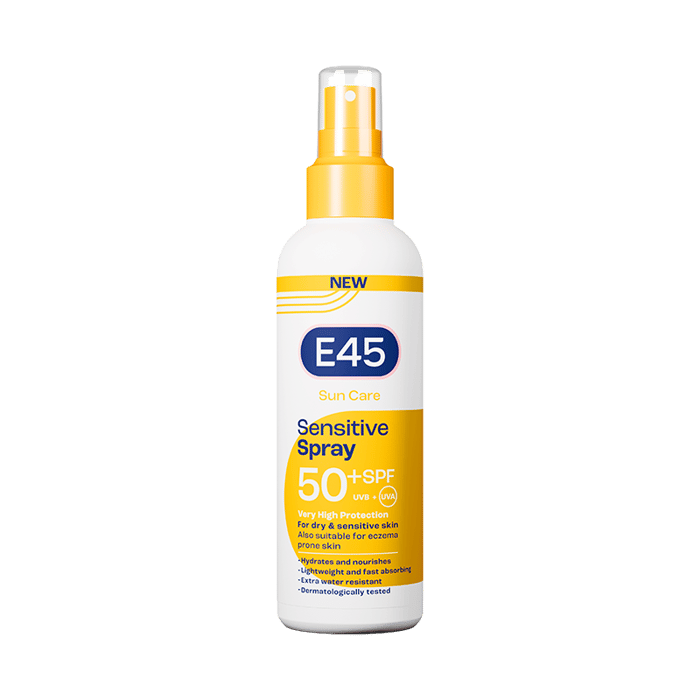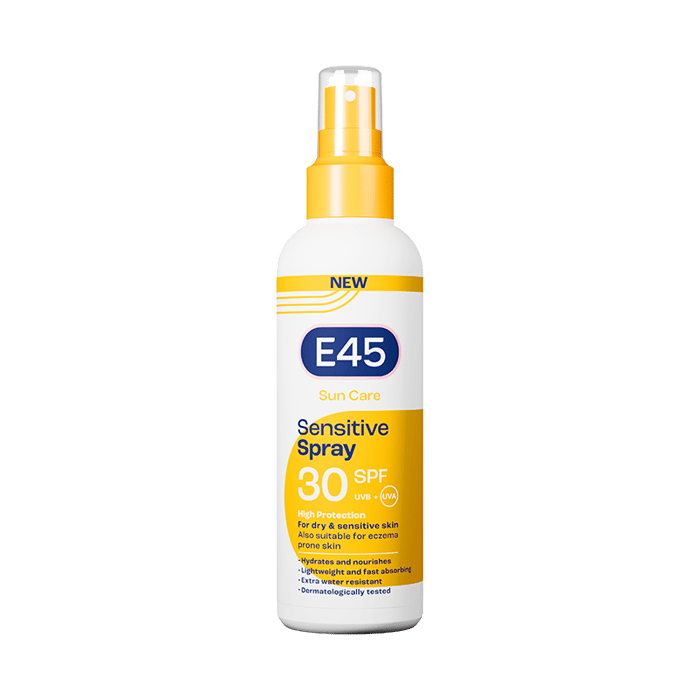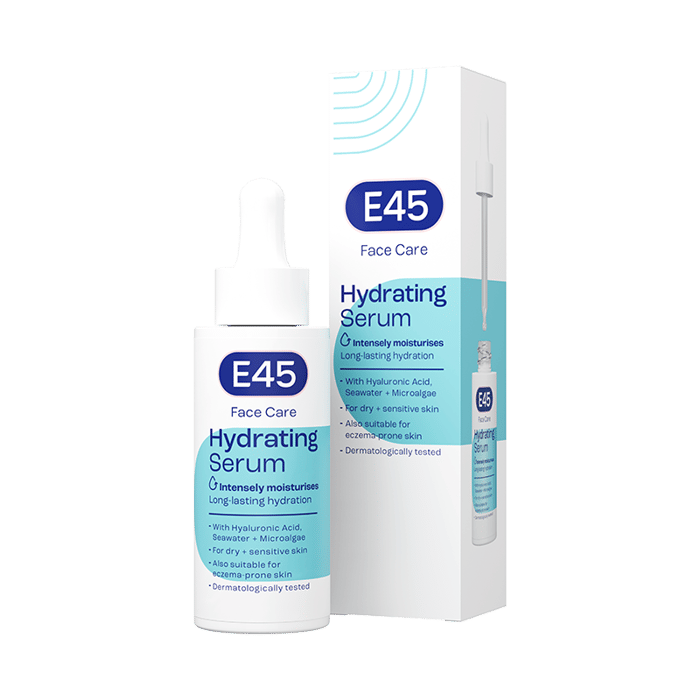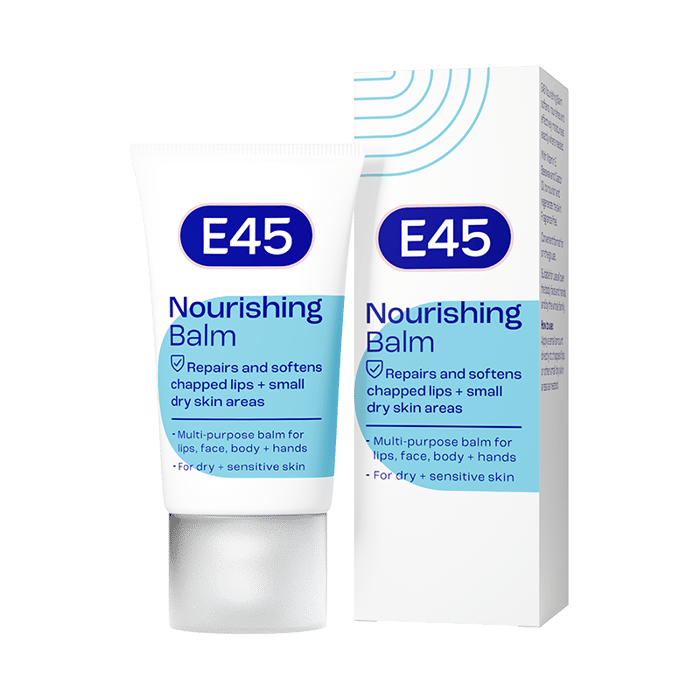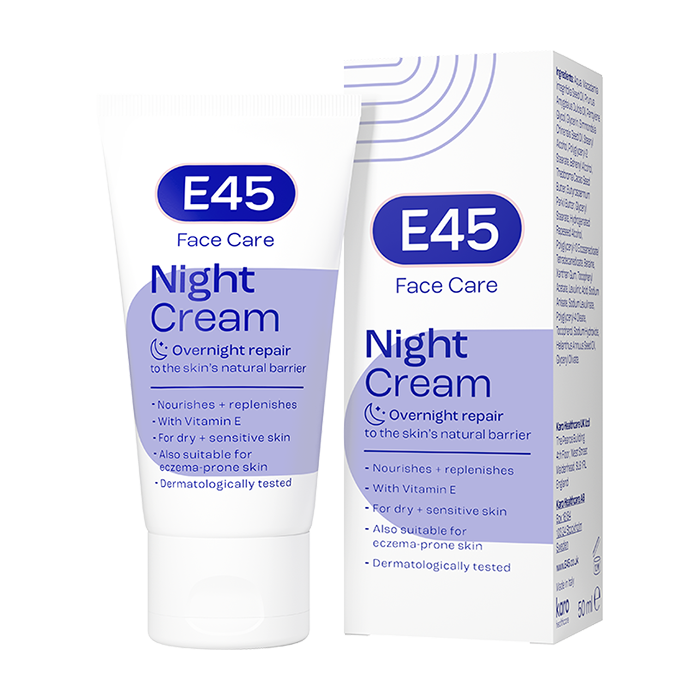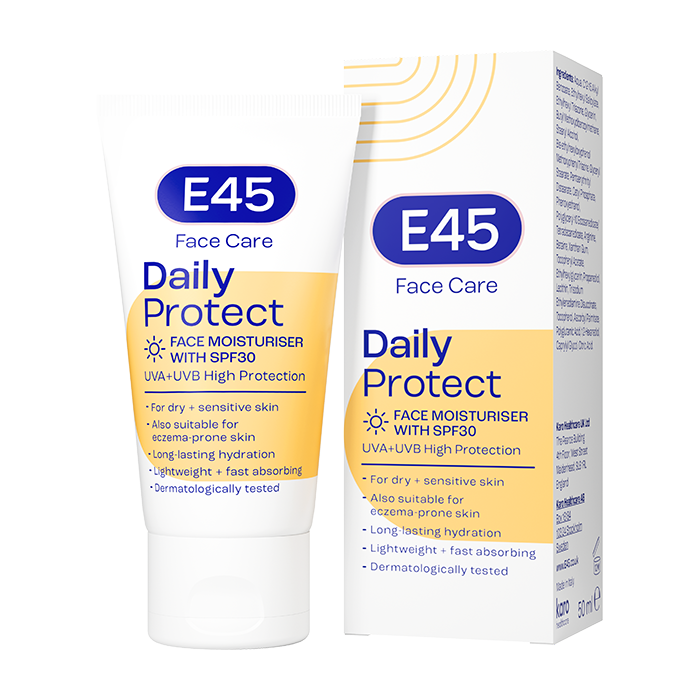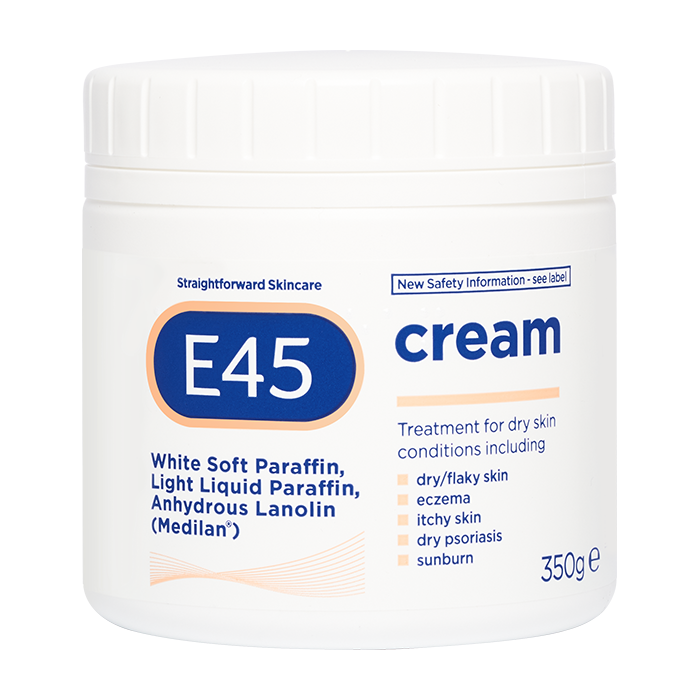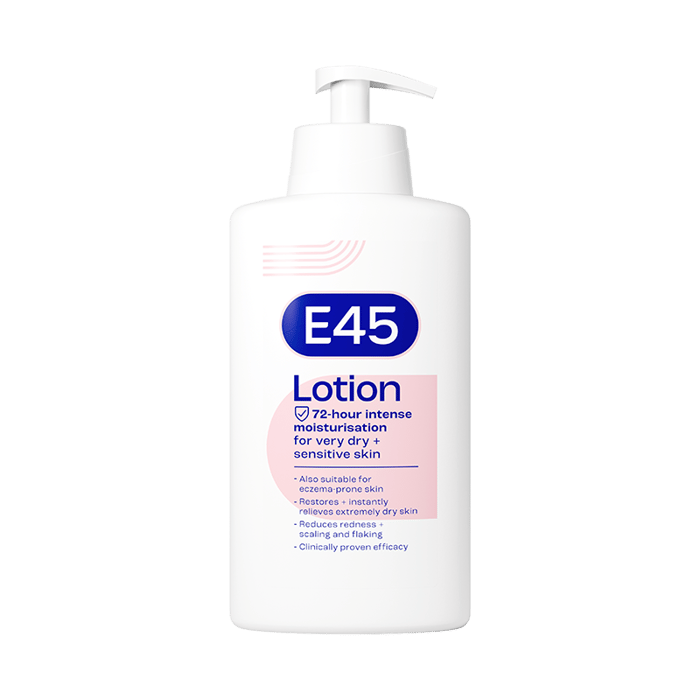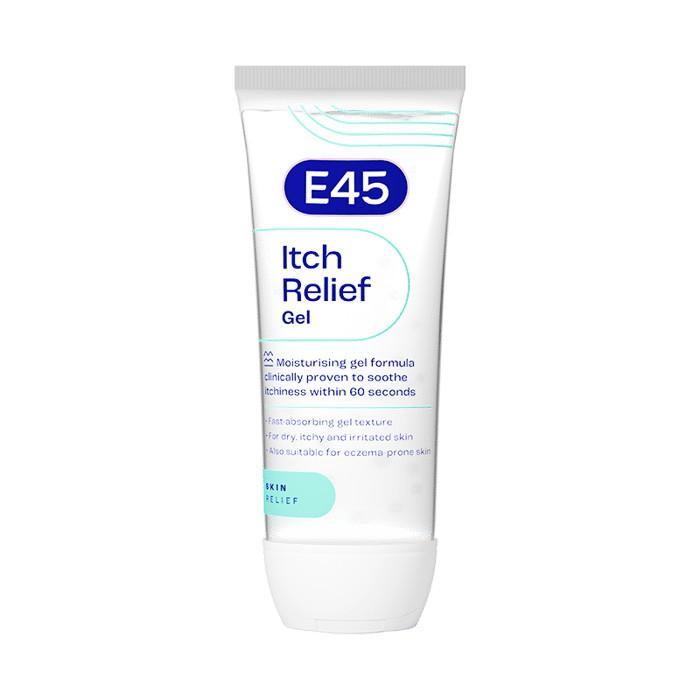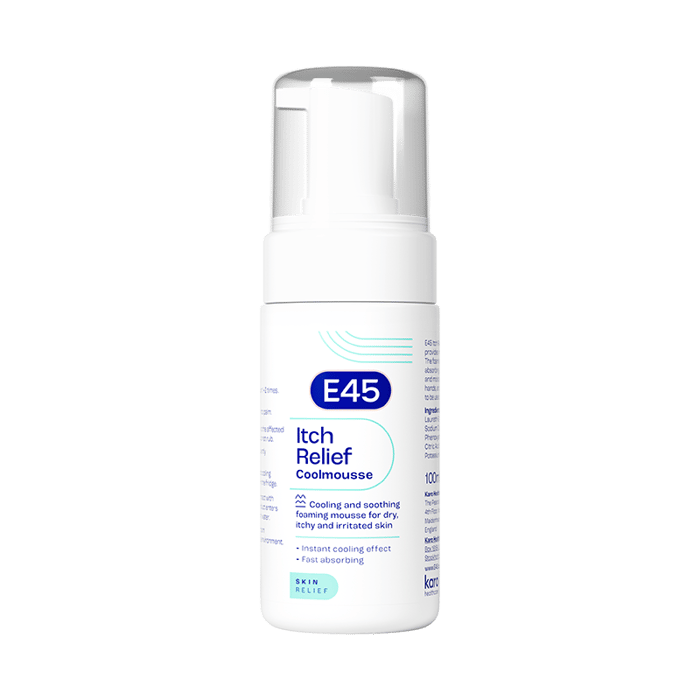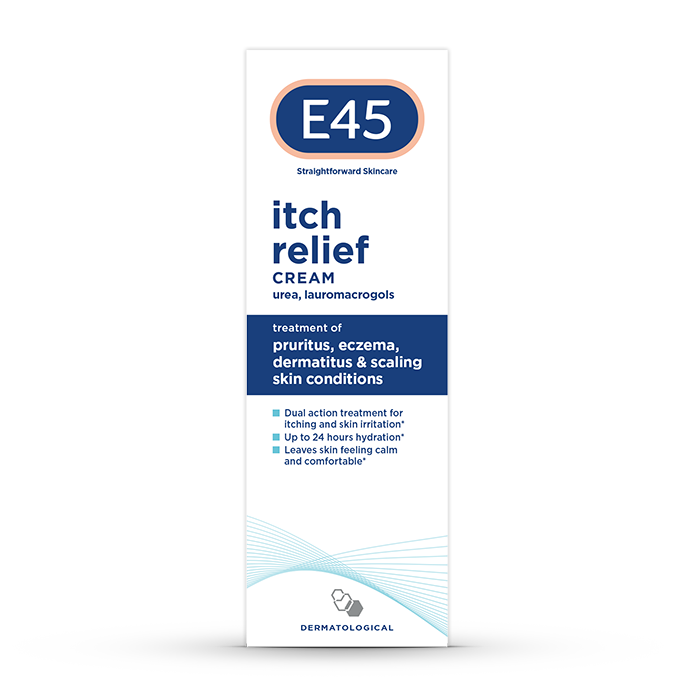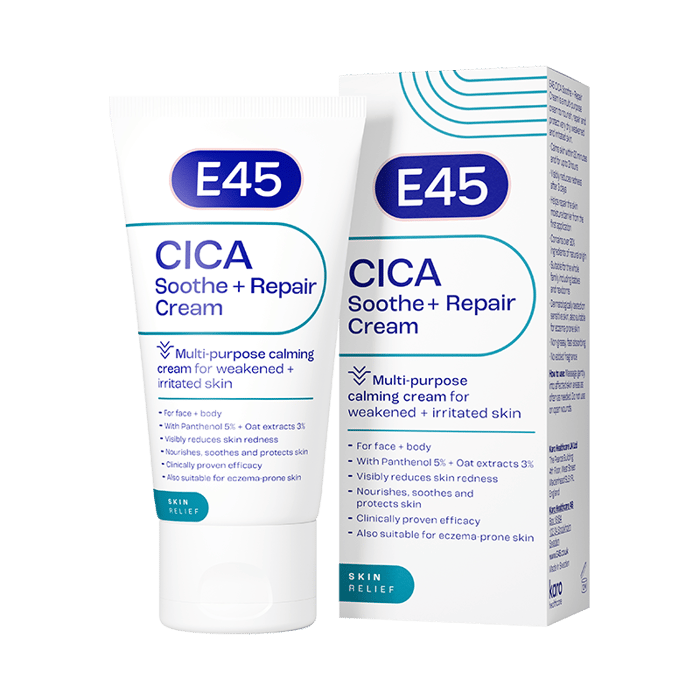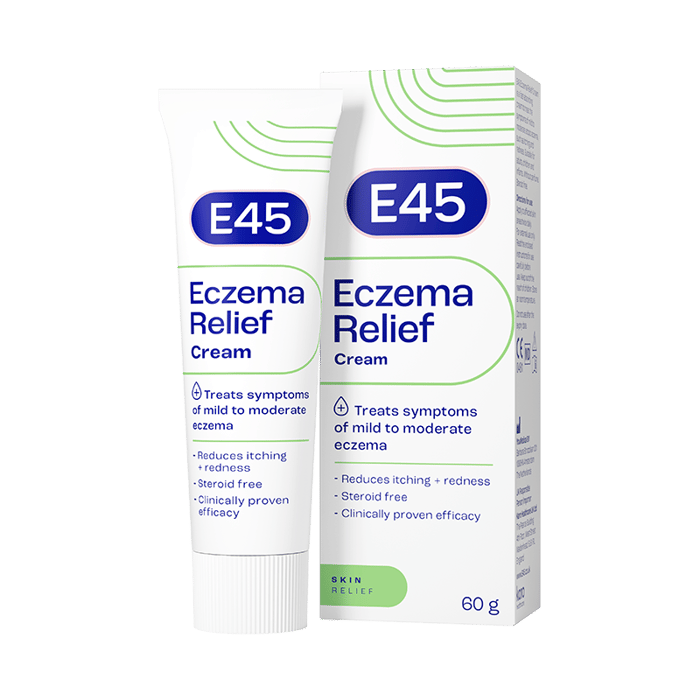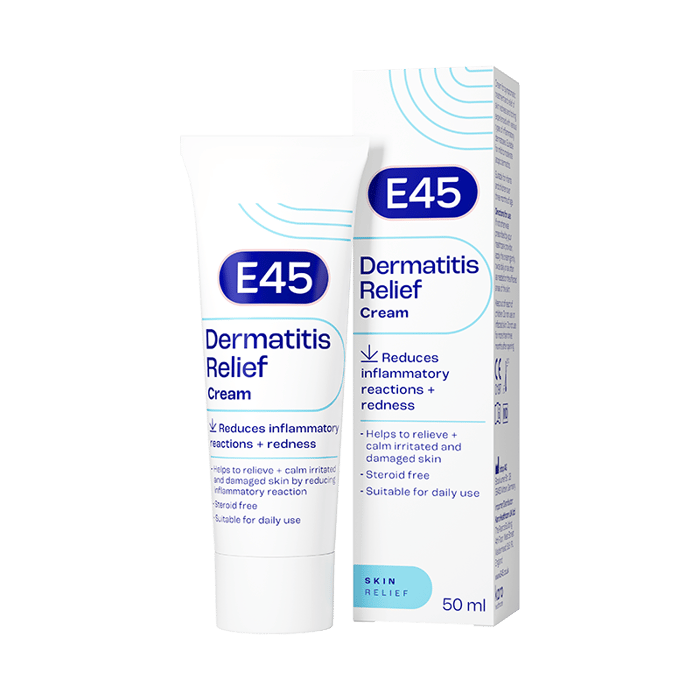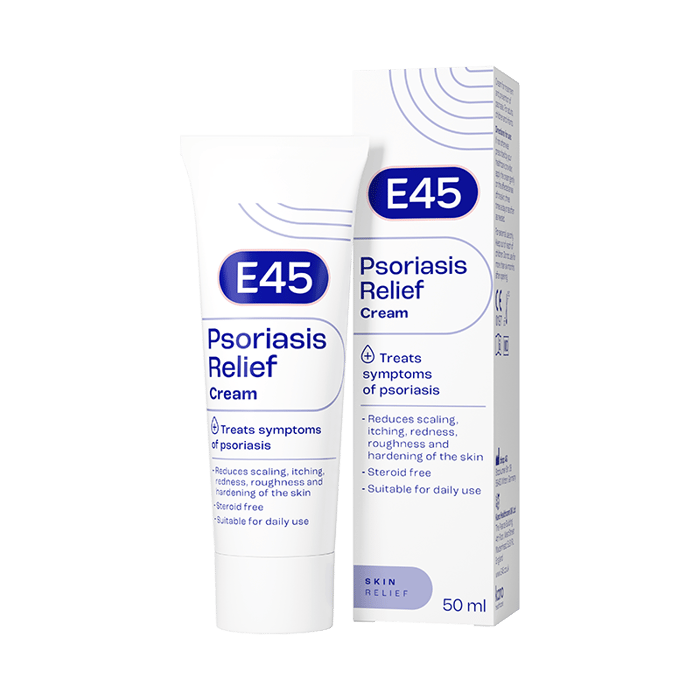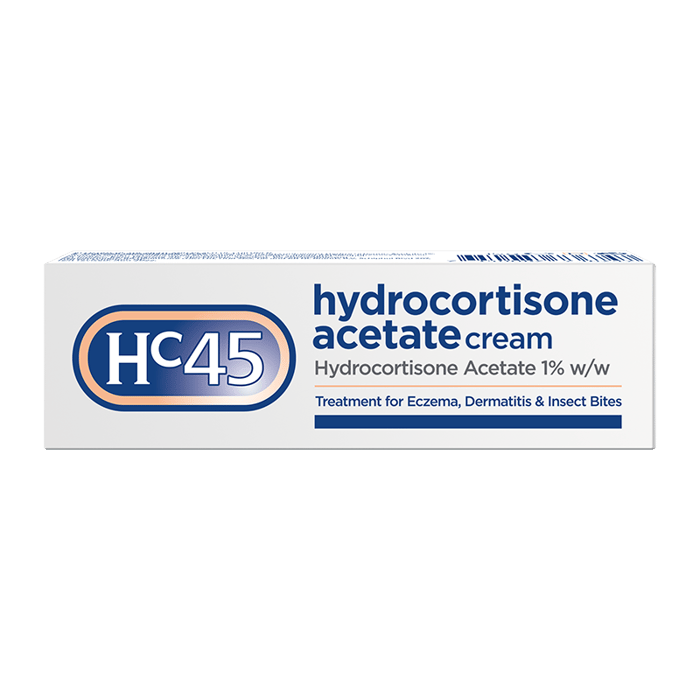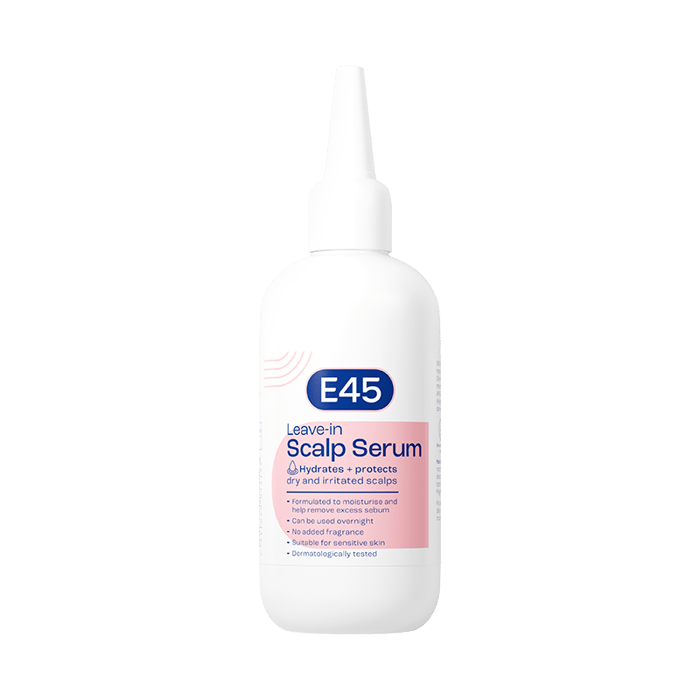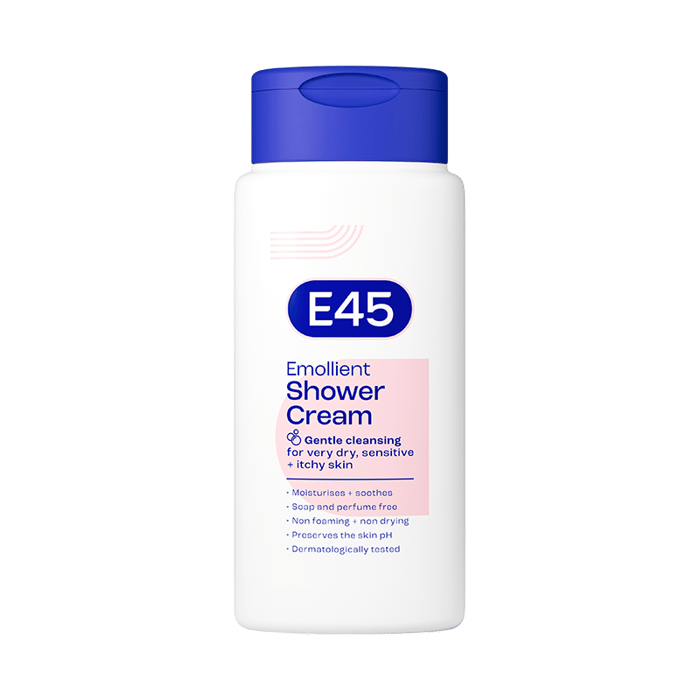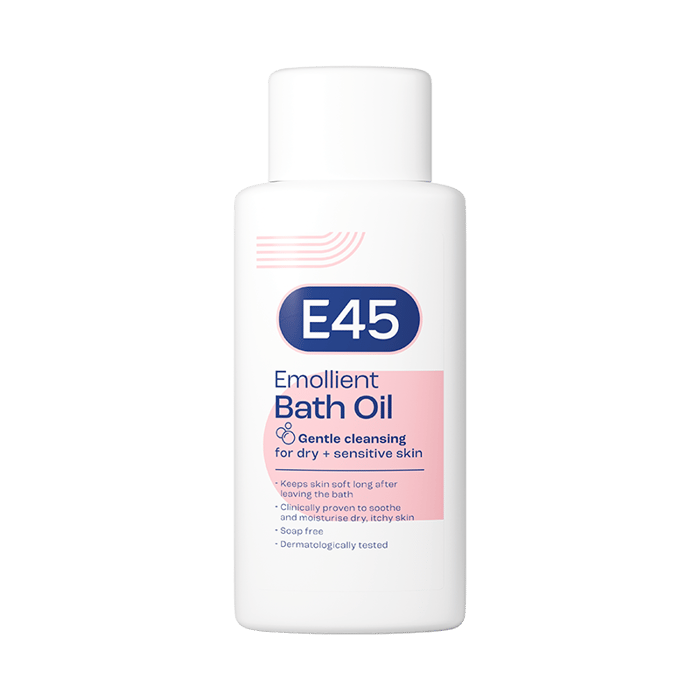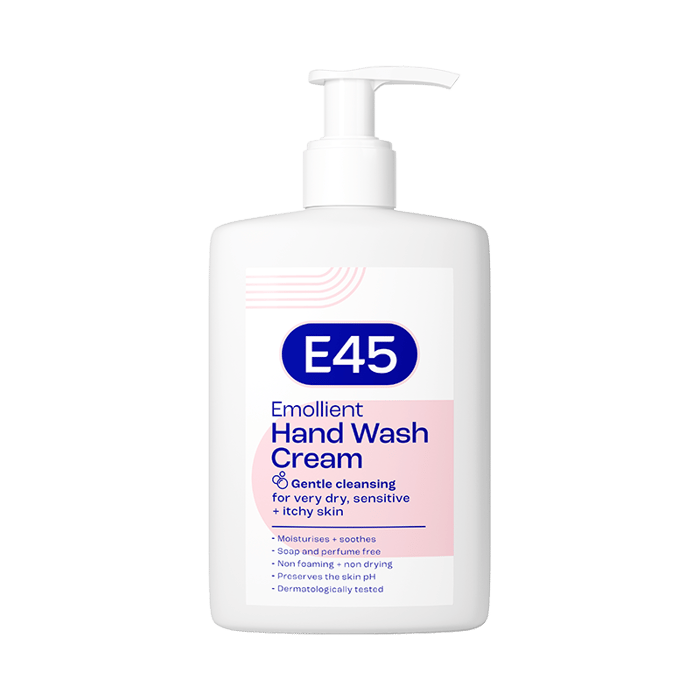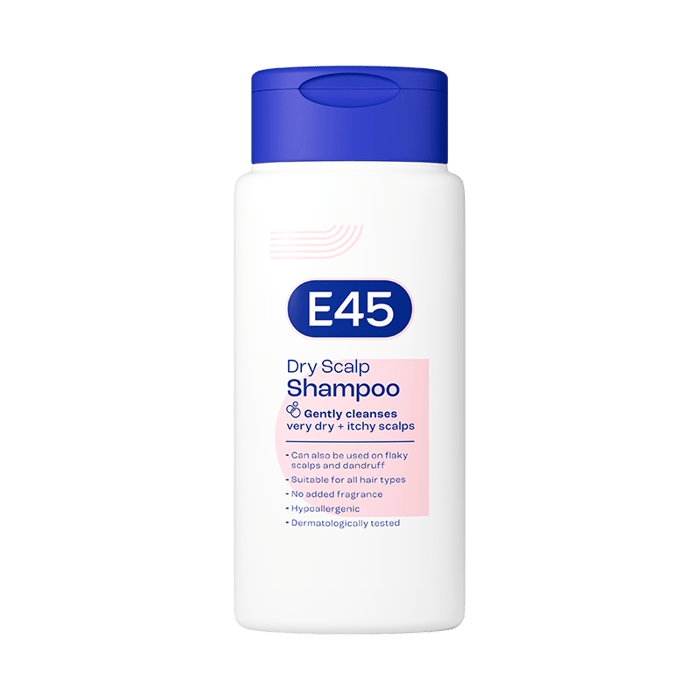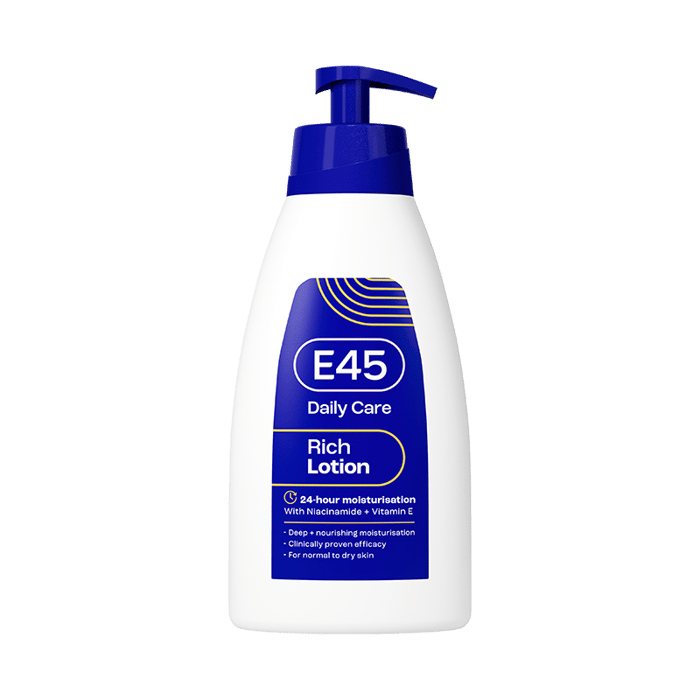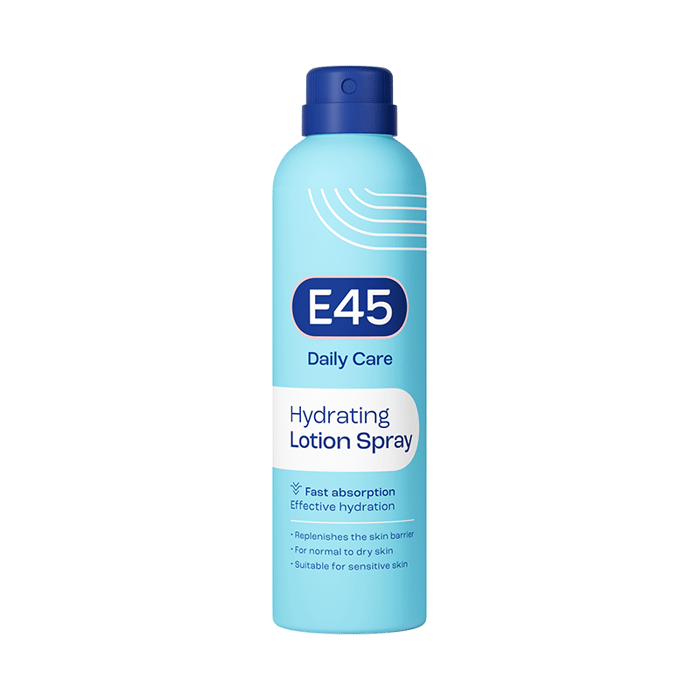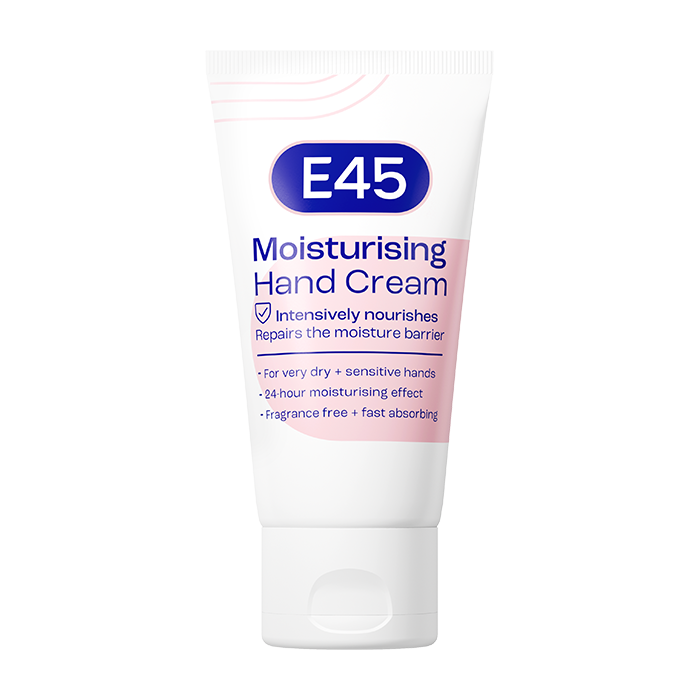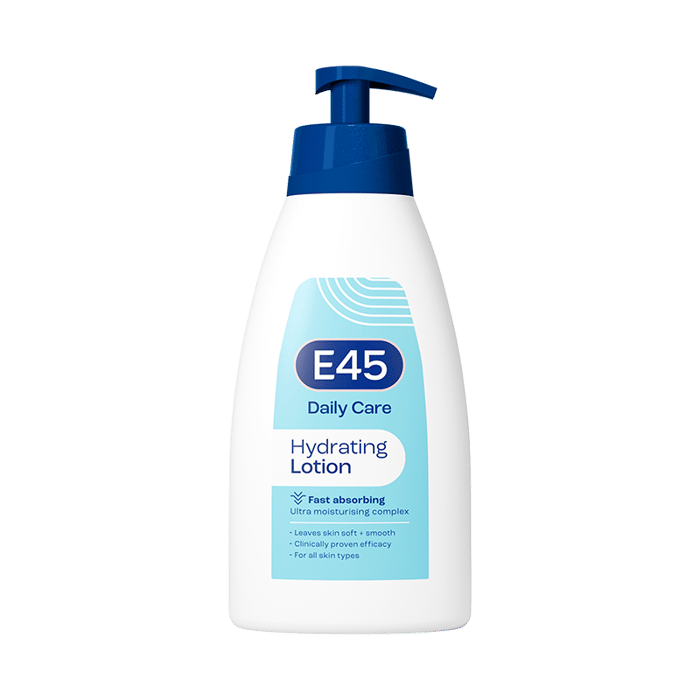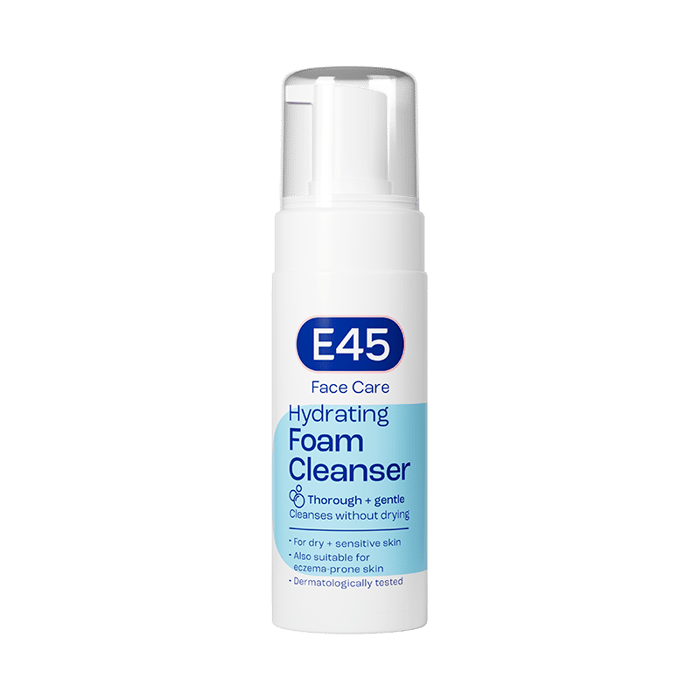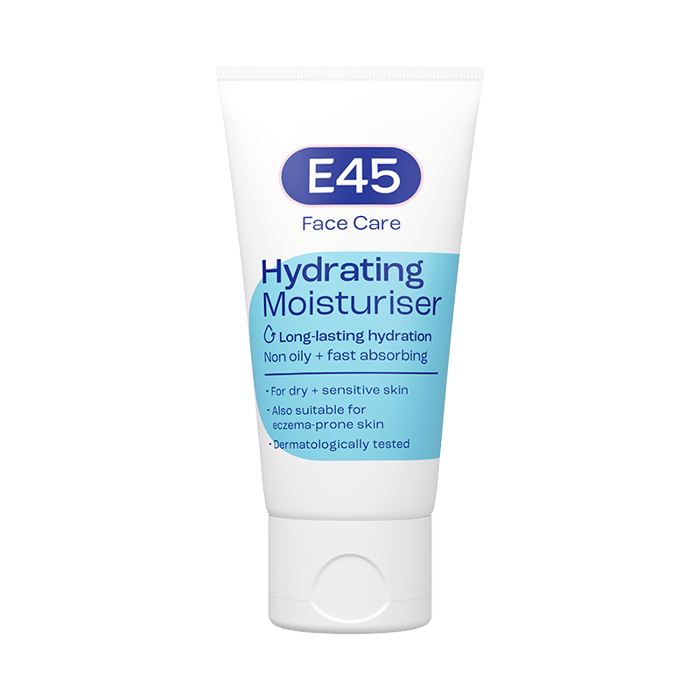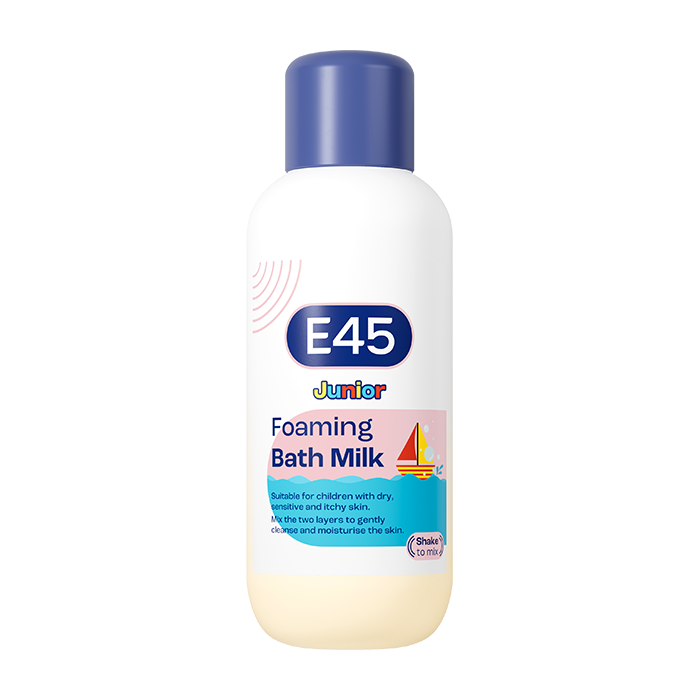Aloe vera and the skin: Benefits and uses
Discover the many uses and benefits of aloe vera when it comes to treating the skin. Understand more about the possible side effects and learn how to use aloe vera in your skincare routine.
What is aloe vera?
Aloe vera is a succulent plant known for its thick, spiky leaves that contain a clear, cooling gel. This gel is widely known for its soothing and healing properties (Source), often used to care for sunburns, moisturise dry skin and reduce irritation from minor cuts or burns. It’s packed with vitamins, antioxidants and anti-inflammatory compounds that make it a popular ingredient in skincare and natural remedies.
Is aloe vera good for the skin?
Aloe vera has natural soothing, hydrating and healing properties that make it beneficial for various skin types and concerns. It can help to calm skin irritation, reduce inflammation and speed up wound healing, making it especially useful for sunburns, acne and minor cuts. Aloe vera is also packed with antioxidants and vitamins that support skin repair and hydration without clogging pores. Whether used as a raw gel or in skincare products, it’s a gentle and effective way to keep your skin healthy and glowing (Source).
Benefits of aloe vera for the skin
Aloe vera is great for the skin because it’s packed with vitamins, antioxidants and anti-inflammatory compounds that help soothe, heal and hydrate. Here are some of its key benefits:
1. Soothes irritated skin
Aloe vera has natural cooling and anti-inflammatory properties, making it effective for calming redness, itchiness and irritation. It is often used as an ingredient to treat skin conditions like eczema, psoriasis and rashes, helping to reduce discomfort and promote faster healing (Source).
2. Heals burns and wounds
The gel inside aloe vera leaves contains compounds that stimulate skin regeneration and healing, which is why it’s commonly used to care for sunburns, minor cuts and burns (Source). It has been shown to not only help repair damaged skin but also reduce pain, swelling and redness while speeding up recovery (Source).
3. Provides deep hydration
Aloe vera is made up of over 90% water, making it an excellent natural moisturiser. It deeply hydrates the skin without leaving a greasy residue, making it ideal for all skin types, including oily and acne-prone skin. Its humectant properties help to lock in moisture, keeping the skin soft and supple.
4. Fights acne and blemishes
With antibacterial and anti-inflammatory properties, aloe vera can help to combat acne by reducing redness, swelling and bacterial infections (Source). The powerful plant’s gel contains salicylic acid, which helps unclog pores and prevent future breakouts while soothing irritated skin.
5. Reduces signs of ageing
Aloe vera is rich in antioxidants, such as vitamins C and E, which help fight free radicals responsible for premature ageing. It also boosts collagen production, improving skin elasticity, reducing fine lines and preventing sagging (Source).
6. Brightens skin and fades dark spots
Some studies have shown that certain chemicals in aloe vera may have skin-lightening properties. These chemicals are called aloin and aloesin. They may reduce the appearance of hyperpigmentation by destroying existing melanin cells and preventing the further formation of melanin in the skin (Source).
Because aloe vera is natural and gentle, it’s a great addition to skincare routines, whether used as a raw gel, in face masks or as an ingredient in creams and serums.
What skin types can benefit from using aloe vera?
Aloe vera is suitable for most skin types due to its gentle, hydrating and soothing properties. It’s well known for its ability to help soothe sunburn, but can also be great for those with dry, sensitive and eczema-prone skin thanks to its anti-inflammatory and calming properties, which help to soothe redness and irritation. Those with acne-prone skin, or experiencing hyperpigmentation, may also find that products formulated with aloe vera are a great addition to their skincare regime.
Are there any side effects?
Though aloe vera is considered safe and gentle, in rare cases it could cause irritation or an allergic reaction. It’s always good to test a little on your skin before applying it more liberally. Over-the-counter gels or creams that contain aloe vera are often less potent and therefore less irritating, but it’s always a good idea to speak to a healthcare professional if you have sensitive skin or skin allergies before applying any type of new ingredient.
How to use Aloe Vera in your skincare routine
Aloe vera can be beneficial for a range of skin concerns from sunburn and eczema to hyperpigmentation and acne. Remember to always do a patch test on your skin first and consult with a healthcare professional, if needed, to find the best solution for your skin. Here’s how to incorporate aloe vera into your skincare routine, depending on your concern.
Aloe vera and sunburn
Using aloe vera on skin with sunburn can help to reduce pain, redness and peeling, supporting the skin to heal more quickly and comfortably (Source). If you have sunburn, here’s the best way to integrate aloe vera into your routine:
- After showering with cool water, apply an aloe vera gel to affected areas while the skin is still damp to lock in moisture.
- Reapply 2-3 times a day, or as needed, to keep the skin hydrated and to prevent peeling.
- For extra soothing, try an aloe vera compress. Soak a clean cloth or towel in aloe vera gel and apply the soaked cloth to the sunburned skin for 15-20 minutes. Reapply as necessary throughout the day for cooling relief. The cool compress can help reduce heat and inflammation, while the aloe vera gel adds a layer of soothing moisture to the skin.
Aloe vera and eczema
By incorporating aloe vera into your eczema skincare routine, you can take advantage of its soothing, anti-inflammatory and healing properties to help calm flare-ups and keep your skin hydrated.
E45 Itch Relief Coolmousse – suitable for eczema-prone skin – contains a highly purified aloe vera extract that helps to soothe and hydrate skin. With an easy-to-absorb, lightweight foam texture, E45’s Itch Relief Coolmousse is expertly formulated to cool, calm and soothe dry, itchy and irritated skin.
Aloe vera and acne
Aloe vera is an excellent addition to an acne skincare routine due to its anti-inflammatory, antibacterial and soothing properties. It helps reduce inflammation and redness around acne lesions, while its antibacterial properties can prevent further breakouts and promote healing.
You can use it as a spot treatment by applying an aloe vera gel directly onto acne spots after cleansing the skin – leave it on for 15-20 minutes, or overnight, if preferred. You can also use aloe vera to hydrate the skin without clogging pores. Simply apply aloe vera gel to damp skin to lock in moisture after cleansing – this is particularly useful if you’re skin is becoming dry from acne treatments. It also provides a calming effect and helps to balance oil production.
Aloe vera and hyperpigmentation
By incorporating aloe vera into your skincare routine alongside other brightening and soothing ingredients, you can help fade hyperpigmentation, even out your skin tone and achieve a more radiant complexion.
There are a few ways to integrate aloe vera into your skincare routine. Either apply aloe vera gel to the hyperpigmented areas of your skin (such as dark spots or acne scars) every morning and night, or mix aloe vera gel with a few drops of a vitamin C serum and apply to the face. Vitamin C is a potent antioxidant that can brighten skin and reduce the appearance of dark spots, while aloe vera helps to soothe and hydrate the skin, enhancing the effects of Vitamin C.
Conclusion
Aloe vera is a powerful ingredient with a wide range of benefits for the skin. Its soothing, hydrating and healing properties make it a versatile addition to any skincare routine, whether you’re dealing with sunburn, acne, eczema or hyperpigmentation.
Rich in antioxidants, vitamins and anti-inflammatory compounds, aloe vera helps to calm irritation, promote skin repair and maintain a healthy, radiant complexion. By incorporating aloe vera into your routine, you can take advantage of its natural benefits to achieve calmer, nourished and glowing skin.
FAQ: Aloe vera and the skin
What are the main benefits of aloe vera for the skin?
Aloe vera is known for its soothing, anti-inflammatory and moisturising properties. Some of its key benefits for the skin include:
- Soothing and calming irritated skin, including sunburns, rashes and minor burns.
- Hydrating the skin without making it greasy, making it great for all skin types, including oily and acne-prone skin.
- Reducing redness and inflammation caused by acne, eczema and other skin conditions.
- Helping to fade dark spots and hyperpigmentation due to its mild, exfoliating properties.
- Promoting healing of wounds and cuts by stimulating the production of collagen and skin cells.
Can aloe vera be used on sensitive skin?
Yes, aloe vera is generally safe for sensitive skin. It’s gentle and natural, making it a good option for soothing irritation or redness. However, it’s always best to do a patch test first to ensure you don’t have an allergic reaction, especially if you have very sensitive skin.
How can aloe vera help with acne?
Aloe vera is beneficial for acne-prone skin due to its anti-inflammatory, antibacterial and hydrating properties. It helps to reduce acne-causing bacteria, calm inflammation and prevent further breakouts. Aloe vera can also promote faster healing of acne scars and prevent dryness from acne treatments like salicylic acid.
How does aloe vera help with hyperpigmentation or dark spots?
Aloe vera contains compounds like aloin that can help reduce the appearance of dark spots, acne scars and hyperpigmentation. It works by promoting skin cell turnover, soothing the skin and gradually lightening discoloration over time. Regular use of aloe vera can help even out skin tone and improve skin radiance.
Can aloe vera be used for sunburns?
Yes, aloe vera is commonly used to treat sunburn due to its cooling, anti-inflammatory and moisturising properties. It helps to soothe the burning sensation, reduce redness and speed up the healing process by promoting skin regeneration.
Is it okay to use aloe vera every day?
Yes, aloe vera is safe to use daily. Its gentle and hydrating nature makes it suitable for everyday skincare routines. Whether as a moisturiser, mask or spot treatment, regular use of aloe vera can benefit the skin over time, helping with hydration and soothing irritation.
Can aloe vera help with ageing or wrinkles?
Aloe vera contains antioxidants such as vitamins C and E, which can help fight free radicals that cause premature aging. It also boosts collagen production, improving skin elasticity and reducing the appearance of fine lines and wrinkles. Regular use of aloe vera can contribute to a more youthful and radiant complexion.
How do I use aloe vera for acne scars?
Aloe vera can be applied directly to acne scars or mixed with other brightening ingredients to help lighten scars. Apply it consistently, and over time, aloe vera can help to fade dark spots and improve skin texture. It can also help with healing any new acne spots to prevent scarring.
Can aloe vera be used to soothe eczema?
Yes, aloe vera is beneficial for eczema due to its anti-inflammatory, moisturising and soothing properties. It helps to calm flare-ups, reduce itching and hydrate dry skin.
Are there any side effects of using aloe vera on the skin?
Aloe vera is generally safe for most people, but some may experience a mild allergic reaction. This can cause skin irritation, redness or itching. To prevent this, always perform a patch test before using aloe vera on your face or body. If irritation occurs, discontinue use and consult a dermatologist.
Sources
healthline.com/health/beauty-skin-care/aloe-vera-for-face#benefits
medicalnewstoday.com/articles/318591#antioxidant-and-antibacterial-effects
onlinelibrary.wiley.com/doi/10.1155/2015/714216
healthline.com/health/skin/aloe-vera-for-sunburn
verywellhealth.com/aloe-vera-benefits-8695016
mdpi.com/2076-2607/12/10/2070
pmc.ncbi.nlm.nih.gov/articles/PMC2763764/
healthline.com/health/skin/aloe-vera-for-dark-spots

